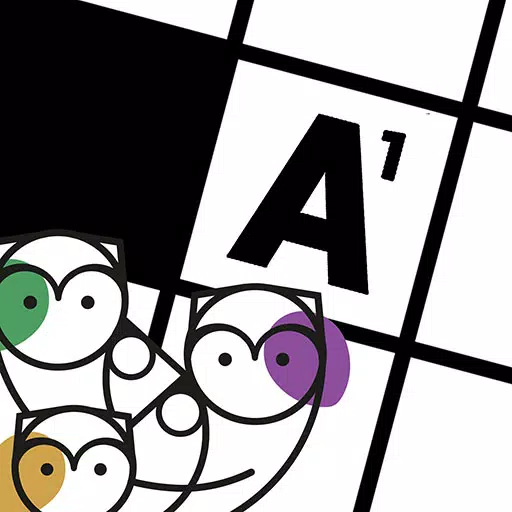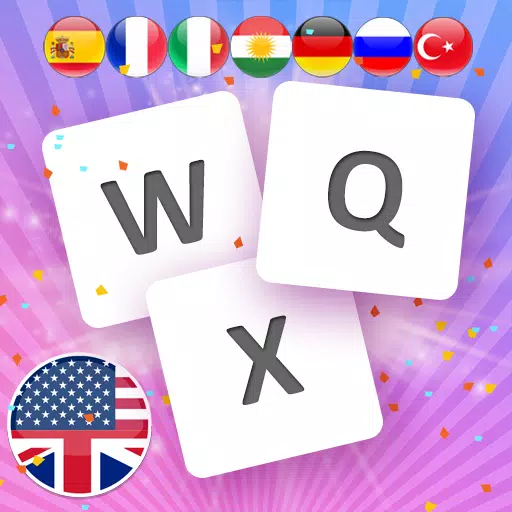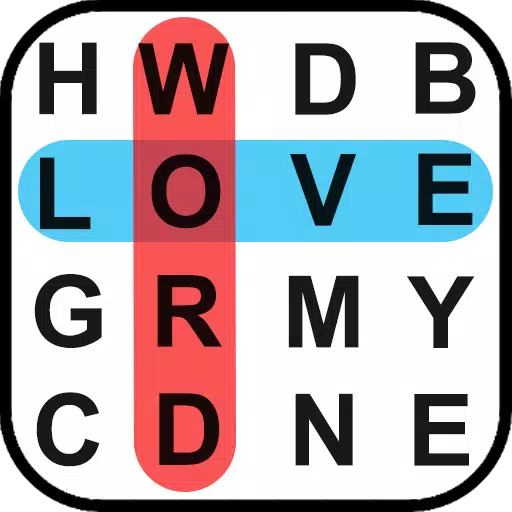EA's Origin, launched in 2011 as a rival to Steam, never quite achieved widespread adoption due to its cumbersome interface and frustrating login process. Now, EA is replacing Origin with the EA app, a move that unfortunately comes with some significant drawbacks.
Users who exclusively used Origin may lose access to their purchased games if they don't actively transfer their accounts to the new platform. This means a potentially frustrating process for those with a library of EA games.
Furthermore, the EA app only supports 64-bit operating systems, leaving 32-bit users in the lurch. While this mirrors Steam's decision to drop 32-bit support earlier in 2024, it raises concerns about digital ownership and access to purchased content. The vast majority of modern systems are 64-bit, but users with older hardware face significant hurdles. A simple RAM check (32-bit systems max out at 4GB) can quickly determine if this affects you. If you're running a 32-bit OS, a complete system reinstall with a 64-bit version of Windows is necessary.
This situation highlights the precarious nature of digital game ownership. Losing access to a game library due to platform changes or outdated hardware is a frustrating reality, not unique to EA. Valve's similar decision regarding Steam underscores this issue.
The increasing prevalence of invasive DRM like Denuvo, with its kernel-level access and arbitrary installation limits, further complicates matters.
A viable alternative is GOG, which offers a DRM-free library. Games purchased on GOG remain accessible regardless of future hardware changes, ensuring long-term ownership. While this approach opens the door to potential piracy, it hasn't prevented GOG from attracting new releases, including the upcoming Kingdom Come: Deliverance 2.





























